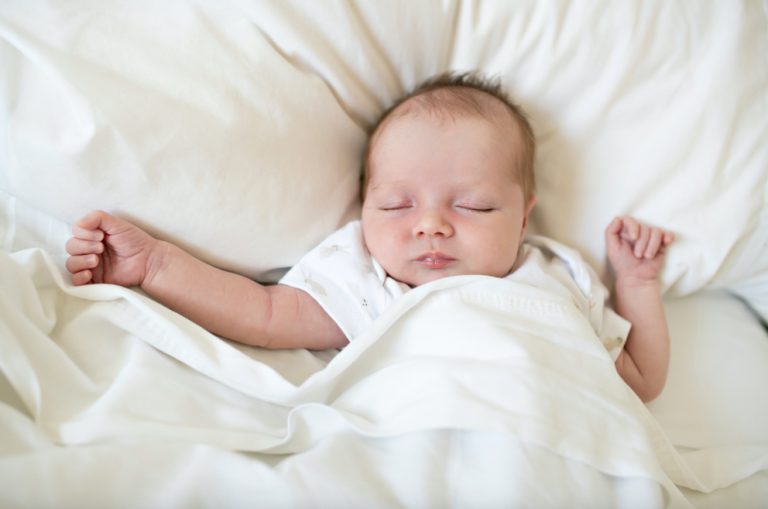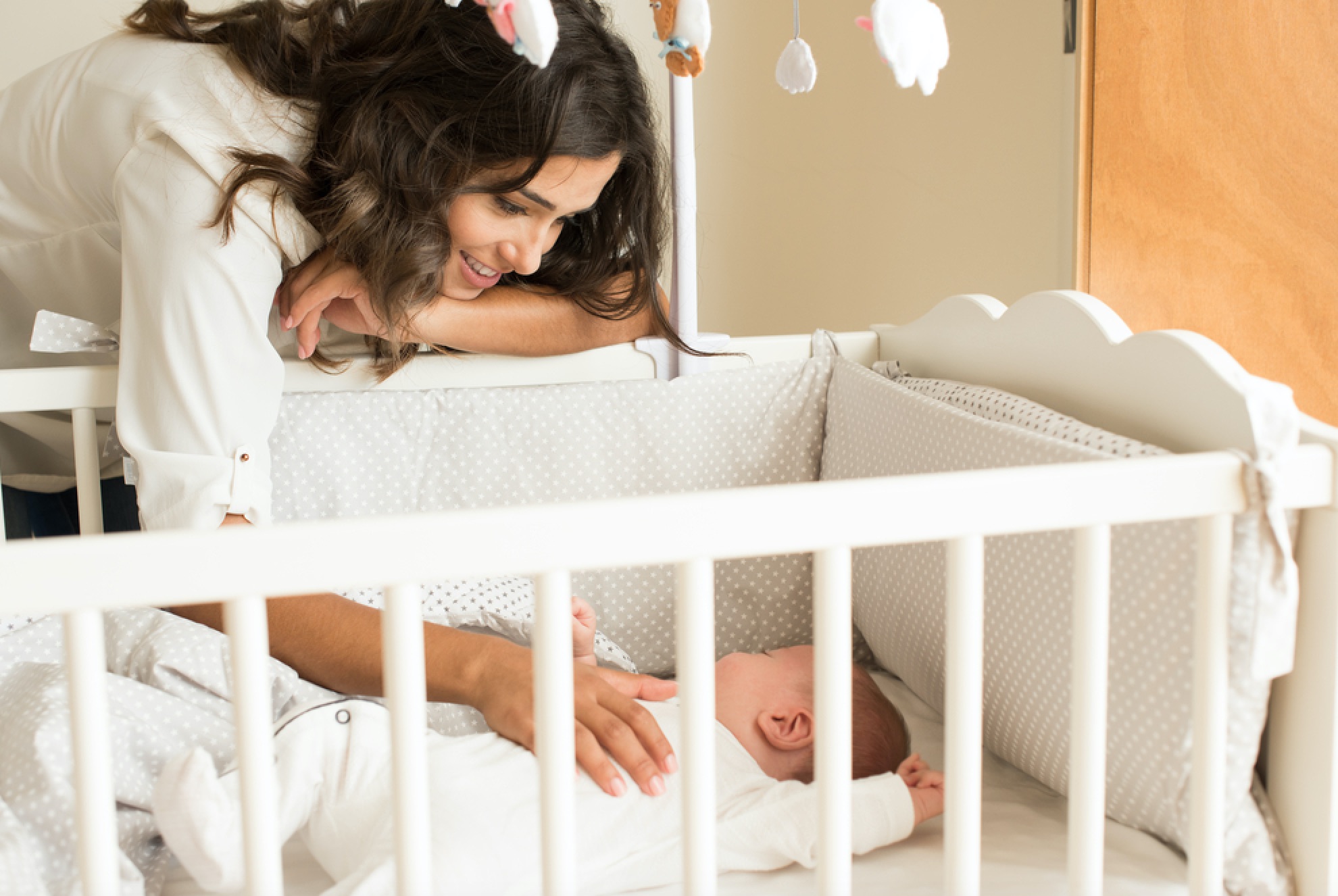Newborn Sleeping: Evidence-Based Tips For Babies

Newborn Sleeping: Evidence-Based Tips For Babies
If you’re lacking in the sleep department since the arrival of your new baby, don’t worry, you’re not alone. Metro Baby can help!
According to a study by Sleep Junkie, new parents are only getting an average of 5-6 hours sleep each night. That’s well below the recommended 7-9 hours. And if your baby has a hard time settling, your time catching zzz’s is even less.
The good news is, there are some things you can try to help bub soothe faster and stay asleep longer. And with any luck, by using the following tips, you’ll be sleeping better and longer as well.
Routine, Routine, Routine
Life is hectic and if your night routine is as busy as your daytime schedule, it’s no wonder your little one is taking longer to settle. Try to develop a regular routine that includes 20-30 minutes of quiet time, such as reading a bedtime story, singing, or giving a gentle massage or a bath. This will help your baby relax so they are more likely to fall asleep when you lay them down.

Skin To Skin
From the moment babies are born, we’re told of the importance of skin-to-skin or kangaroo care as it’s also known. It was first researched in the 1970s with preterm babies – where survival rates increased, and the risk of infection decreased. Science has since found that this contact can work as a painkiller for babies, and also that it boosts their levels of oxytocin – which has a sedating effect. Leading to a better night’s sleep.
Massage Is Powerful
Studies have found that massaging babies under six months old leads to less crying, better sleep and lower stress levels. One study found that massage could impact the release of melatonin, the sleep hormone, while it was also found that massage could help to build a better relationship between infants and mothers who experience postnatal depression.
Restricting Movement
The less babies have the chance to roll around, kick their legs or flail their arms – the more likely they are to sleep at night. Newborns, in particular, are prone to startles and often, this will wake them from their slumber. By using swaddles, you can limit the amount of movement they have – which can help them to sleep better at night. Just be aware that you need to follow safety guidelines – don’t swaddle too tight, lie your baby on their back only, and don’t use them if the baby has a fever. And if your baby tends to roll around a lot, consider an anti-roll pillow or sleep positioner as well to prevent your bub rolling onto their tum.
Sleep Aids
Research has found that the use of sleep aids are most effective in babies who are six months or older and can extend beyond that. Though science says they are not as effective for newborns, that’s not to say it won’t work for your little one. Night lights and melody lamps, teddies and blankets could all help keep your child relaxed at night. And you should never put toys or loose blankets into a cot with a baby under 12 months of age.
Just be aware that what works for some, may not work for others, so keep trying until you’ve exhausted all avenues. Then, if you’re still struggling to get your baby to sleep, talk to a medical professional.
In partnership with











